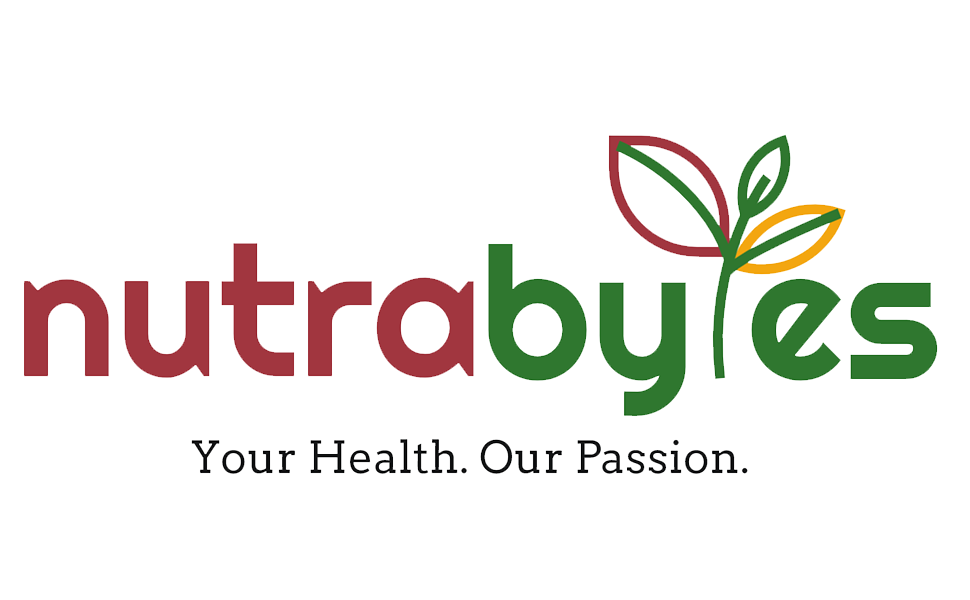Introduction
Everyday life is full of stresses and is impacting our mental and physical wellbeing. Everybody has their fair share of stress, which may be from financial worries to relationships to health scares.
While most of us have the resources to manage stress in a healthy way, some of us are being impacted in ways that are harming our mental health and wellbeing.
Prolonged stress can cause a person to develop mental health issues, suffer from headaches and insomnia, and can even cause digestive and other very serious health problems.
The outcome is indeed bleak if a person does not get help immediately. Stress management encompasses physical activity, regular sleep times, and a healthy diet.
Sometimes, however, the diet may fall short of providing the body with the right amounts of vitamins and minerals. This paves the path for the use of stress management supplements.

What Are Stress Management Supplements?
It is a well-known fact that vitamins and minerals are required for the body to function properly. Vitamins and minerals impact several biological functions and key processes in the body.
They influence the health of the immune system, impact the production of enzymes and hormones, and keep bones, tissues, and organs healthy. They also impact brain function as well as the functioning of neurotransmitters.
It is imperative, then, to keep the levels of these vitamins and minerals close to normal. Deficiencies in particular vitamins and minerals may impact normal functioning and consequently make it difficult for the body to combat stress.
“Nutrient deficiencies can make it more difficult for the body to adapt to stress, alter the production and metabolism of stress hormones, and compound the effects of stress” ~ Dr. Frick. N.D., naturopathic doctor, acupuncturist, and vice president of medical affairs at Thorne HealthTech in New York City

Are Stress Management Supplements Effective?
Consuming supplements for stress relief should ideally be a part of a holistic approach towards stress management. This means you should be having a balanced diet, regular exercise, and adequate sleep.
When vitamins and minerals are taken in conjunction with an active lifestyle, you can expect better results. However, if you are consuming stress management supplements do so under the guidance of a physician, especially if you are taking medication, are pregnant, or are breast-feeding. Supplements cannot cure stress, but they may help to reduce the effects of stress.
“Supplements can indeed play a supportive role in managing stress, but they are most effective when integrated into a comprehensive stress management strategy” ~ Miranda LaBant, N.M.D., a naturopathic doctor at Brio-Medical Cancer Clinic in Scottsdale, Arizona.
5 Stress Management Supplements You May Consume
Here we take a look at some of the stress management supplements you may consume.
-
Ashwagandha
Ashwagandha is an Indian root, popularly known as Indian ginseng or winter cherry. As evidenced by a couple of studies, ashwagandha may have some properties that help to relieve stress and improve sleep. It is also used extensively in Ayurvedic medicine.
Be warned that ashwagandha can be extremely bitter. It should be sweetened a little bit with honey or sugar for a better experience.
Ashwagandha may interfere with blood sugar or blood pressure levels. It may also interfere with your thyroid. If you are taking medication for these, speak to your doctor before you begin consuming it.

-
Rhodiola Rosea
Rhodiola rosea is a herb found in the cold mountains of Europe and Asia as well as in the Arctic. This herb is used to relieve stress, anger, confusion, and depression, according to one study. It can be consumed as a liquid, powder, or capsule.
Further, it is considered safe to consume, but its long-lasting effects are yet to be explored. Some of the potential side effects include dizziness, dry mouth, or excessive saliva.
“Rhodiola is thought to help regulate hormones and brain chemicals involved in the stress response,”~ Dr. Meg Mill, Pharm.D., a functional medicine practitioner based in Indiana, Pennsylvania, and owner of Enlightened Wellness.
-
B Vitamins
B vitamins are key components for mood regulation as they are integral components for the synthesising of neurotransmitters like serotonin, dopamine, and GABA.
Lacking B vitamins like niacin (B3), folate (B9), B6, and B12 can increase the risk of stress, anxiety, and depression. Taking adequate amounts of B vitamins helps with mood regulation and reduces stress levels. These are some of the most important vitamins for anxiety.
“B vitamins are integral in synthesizing neurotransmitters essential for mood regulation like serotonin, dopamine, and GABA” ~Dr. Meg Mill
-
Vitamin D
Vitamin D is crucial for mood regulation. Known as the sunshine vitamin, this vitamin plays an important role in experiencing depressive symptoms, inability to cope with stress, and dysregulated cortisol rhythms. While it is best to get Vitamin D naturally, you can also consume it as a supplement.

-
Magnesium
Magnesium is one of the most beneficial stress-reducing minerals. Magnesium is a vital mineral that the body uses to control various functions, including nerve and muscle activity, as well as protein and bone synthesis. Being deficient in magnesium can cause heightened anxiety, irritability, insomnia, and depression. Speak to your doctor before you begin consuming magnesium.

What Are Some Other Ways To Beat Stress?
To cope with stress, maintain a diet rich in lean proteins, whole grains, fruits, vegetables, and low-fat dairy. Minimise refined sugars, added salt, and saturated fats.
Aim for two and a half hours of exercise weekly. Ensure you get at least seven hours of sleep each night with a regular sleep schedule.
Limit exposure to negative news and social media, moderate your alcohol consumption, and avoid tobacco products.
Practice relaxation techniques like meditation, mindfulness, or deep breathing, and connect with others to discuss your feelings.
“In addition to supplements, lifestyle modifications can significantly contribute to stress relief” ~ Miranda LaBant

Key Takeaways
Here are some of the key takeaways before you begin to consume supplements for relaxation and lead a healthy lifestyle.
- Have a comprehensive approach to stress relief. Incorporate a balanced diet, regular exercise, adequate sleep, and avoidance of tobacco and excessive alcohol consumption.
- Stress management supplements, like ashwagandha, Rhodiola rosea, B vitamins, vitamin D, and magnesium, can help with stress relief when combined with a healthy lifestyle.
- Consult a healthcare professional before starting any supplement regimen.
- Deficiencies in key vitamins and minerals can exacerbate stress and hinder the body's ability to cope.
Wrapping Up
Stress management supplements are an effective way of tackling or combating stress, especially if you are deficient in some of the key vitamins and minerals.
Managing stress early is very important so that it does not turn into a major setback or condition. Consult with your doctor before you take any type of supplementation.
Staying healthy, and having a positive attitude to stress can also help you build fortitude which you need as you encounter the challenges of life.
Stock up on key supplements like Magnesium, Vitamin D, and Ashwagandha only from Nutrabytes.
Reference Links
https://www.everydayhealth.com/stress/best-supplements-that-may-help-reduce-stress-and-one-to-avoid/
https://www.forbes.com/health/mind/supplements-for-stress/
https://health.usnews.com/wellness/articles/vitamins-for-stress-do-they-work














